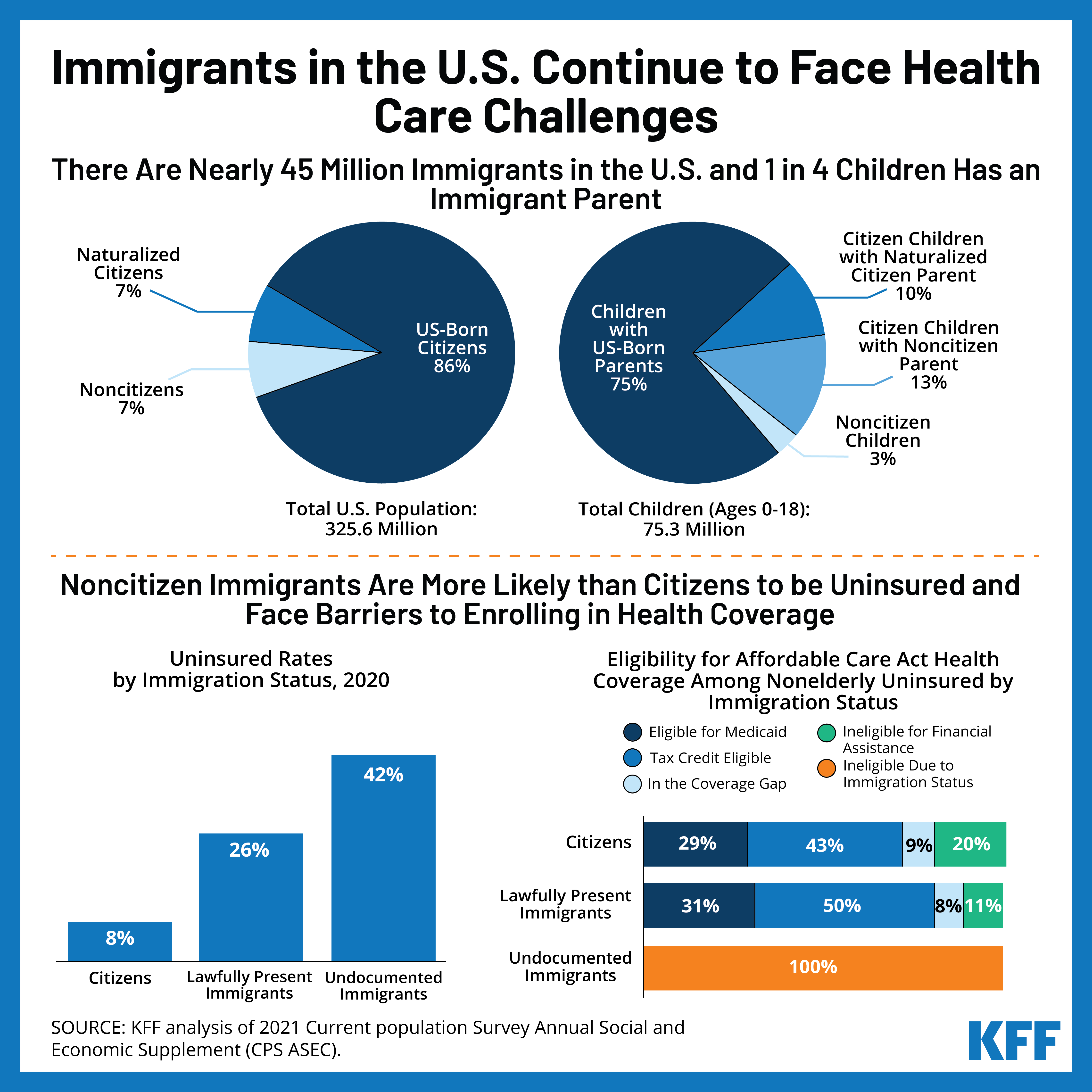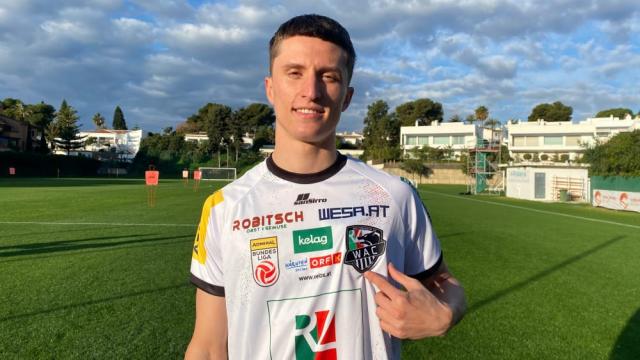Pope Francis's Successor: Examining Nine Leading Candidates

Table of Contents
Cardinal Pietro Parolin – The Vatican's Diplomat
- Experience: Currently serving as the Secretary of State of the Holy See, Cardinal Parolin boasts extensive diplomatic experience, having served in various nunciatures (Vatican embassies) around the world. His deep understanding of international relations and his deft handling of complex diplomatic situations make him a strong contender.
- Theological Stance: Known for his pragmatic and diplomatic approach, Cardinal Parolin is often described as a moderate. He prioritizes dialogue and finding common ground, even amidst differing viewpoints. This approach has made him a respected figure within the Vatican and beyond.
- Strengths: His extensive global network, honed through years of diplomatic service, is a significant asset. He is an experienced administrator, comfortable navigating the complexities of the Vatican bureaucracy.
- Weaknesses: Some might perceive his moderate stance as a weakness, potentially lacking the forceful leadership style desired by more conservative factions within the Church. His emphasis on diplomacy may be seen as lacking decisiveness by some.
Cardinal Luis Antonio Tagle – The Beloved Asian Cardinal
- Experience: The former Archbishop of Manila, Cardinal Tagle is beloved for his pastoral care and charismatic preaching style. He is renowned for his ability to connect with people from all walks of life and to communicate complex theological concepts in an accessible manner.
- Theological Stance: He places a strong emphasis on social justice and outreach to the poor, reflecting the needs of a large portion of the global Catholic population. His teachings often focus on the importance of serving the marginalized and combating inequality.
- Strengths: His immense popularity in Asia, particularly in the Philippines, represents a significant asset. He is a gifted communicator, capable of inspiring and motivating large audiences.
- Weaknesses: While his pastoral experience is vast, his experience in the Roman Curia's administrative complexities is comparatively limited. Transitioning to the role of Pope would require a steep learning curve in Vatican governance.
Cardinal Marc Ouellet – The Experienced Canadian
- Experience: The Prefect of the Congregation for Bishops, Cardinal Ouellet has a long and distinguished career within the Vatican. His deep understanding of the Church's inner workings and his extensive experience in selecting bishops make him a highly experienced candidate.
- Theological Stance: While considered a conservative, Cardinal Ouellet is known for his pastoral sensitivity. He balances adherence to traditional doctrines with a genuine concern for the spiritual wellbeing of the faithful.
- Strengths: His profound understanding of the Church's structures and processes would be invaluable as Pope. He possesses a wealth of knowledge and experience within the Vatican hierarchy.
- Weaknesses: His age may be a factor considered by the cardinals during the Conclave. The demanding role of Pope requires significant energy and stamina.
Cardinal Oswald Gracias – The Voice of India
- Experience: As Archbishop of Bombay, Cardinal Gracias represents a significant and rapidly growing Catholic population in India. His experience navigating the complex religious and social landscape of India brings a unique perspective to the table.
- Theological Stance: He focuses on interfaith dialogue and social justice within the Indian context, emphasizing collaboration and understanding between different faith traditions.
- Strengths: His global perspective, shaped by his experience in a rapidly developing nation like India, offers valuable insights. He understands the challenges facing the Church in a diverse and dynamic world.
- Weaknesses: Compared to some other candidates, Cardinal Gracias has a relatively lower international profile. Increasing his global recognition would be crucial for a successful papacy.
Cardinal Sean Patrick O'Malley – The Franciscan Leader
- Experience: The Archbishop of Boston, Cardinal O'Malley is known for his forthright handling of the clergy sex abuse crisis. His courageous approach to addressing this challenging issue has earned him considerable respect.
- Theological Stance: He is considered a progressive voice within the Church, emphasizing reform and accountability. His commitment to transparency and addressing past mistakes is a hallmark of his leadership.
- Strengths: He is respected for his honesty and integrity. His willingness to confront difficult issues head-on is seen as a strength by many.
- Weaknesses: His critical stance on past practices within the Church might face opposition from more conservative factions. His progressive views could be a point of contention during the selection process.
Cardinal Michael Czerny – The Advocate for Migrants
- Experience: As the Under-Secretary of the Migrants and Refugees Section, Cardinal Czerny has dedicated his career to advocating for vulnerable populations. His deep commitment to social justice is evident in his work.
- Theological Stance: He champions a strong focus on social justice and the care of the marginalized, reflecting Pope Francis's own emphasis on the importance of serving the poor and outcast.
- Strengths: His extensive experience working with vulnerable populations brings a unique perspective to the challenges facing the Church today. He understands the needs of the marginalized in a profound way.
- Weaknesses: Compared to other candidates, he possesses relatively less administrative experience at the highest levels of Church governance. This could be a significant factor in the selection process.
Cardinal Fridolin Ambongo Besungu – The Voice of Africa
- Experience: As Archbishop of Kinshasa, Cardinal Ambongo Besungu represents the growing Catholic Church in Africa. His experience navigating the unique challenges and opportunities of the African continent provides a valuable perspective.
- Theological Stance: His focus is on local church development and addressing social justice issues specific to Africa. His understanding of the challenges and opportunities facing the African Church is critical.
- Strengths: He is a strong voice for the African continent, advocating for the inclusion of African perspectives in the global Church. His experience in a rapidly growing region is highly relevant.
- Weaknesses: Like other candidates from outside the Roman Curia, he may lack extensive experience with the intricacies of Vatican administration.
Cardinal Joseph Tobin – The Progressive American
- Experience: The Archbishop of Newark, Cardinal Tobin is known for his progressive views and his commitment to open dialogue. His pastoral approach emphasizes inclusivity and understanding.
- Theological Stance: He advocates for social justice and supports a more inclusive approach to LGBTQ+ issues within the framework of Church teachings.
- Strengths: He is a strong communicator, capable of articulating complex theological ideas in an accessible manner. His progressive approach resonates with many within the Church.
- Weaknesses: His progressive views might face strong opposition from more conservative factions within the Church. His stance on certain social issues could prove divisive during the Conclave.
Cardinal Kevin Farrell – The Experienced Administrator
- Experience: As Prefect of the Dicastery for Laity, Family, and Life, Cardinal Farrell possesses extensive administrative experience within the Vatican. His competence in managing complex organizational structures is a key asset.
- Theological Stance: His theological stance is generally described as center-right, with a focus on traditional family values and strengthening the role of the laity within the Church.
- Strengths: His proven administrative skills and experience within the Vatican make him a strong candidate. He understands the inner workings of the Church and its bureaucratic complexities.
- Weaknesses: While highly competent, Cardinal Farrell may not be as widely known internationally as some other candidates, making him potentially less recognizable to the global Catholic community.
Conclusion
The selection of Pope Francis's successor will be a pivotal moment for the Catholic Church. The nine candidates highlighted here represent a diverse range of experiences, theological perspectives, and geographical origins. Understanding their strengths and weaknesses offers invaluable insight into the potential future directions of the papacy. While predicting the outcome of the Conclave is impossible, studying these potential Pope Francis's Successors is a crucial step in understanding the Catholic Church's evolving landscape. Continue to follow the news and engage in informed discussion surrounding this significant event. Stay informed about the developments surrounding the election of Pope Francis's successor.

Featured Posts
-
 Jessica Simpsons Daughter Birdie 6 Matches Mom In Cute Yellow Swimwear
May 11, 2025
Jessica Simpsons Daughter Birdie 6 Matches Mom In Cute Yellow Swimwear
May 11, 2025 -
 Stop The Influx Parliament Challenges Migration Minister On Undocumented Labor
May 11, 2025
Stop The Influx Parliament Challenges Migration Minister On Undocumented Labor
May 11, 2025 -
 Bundesliga 2023 24 Relegation Confirmed For Bochum And Holstein Kiel Leipzig Out Of Champions League
May 11, 2025
Bundesliga 2023 24 Relegation Confirmed For Bochum And Holstein Kiel Leipzig Out Of Champions League
May 11, 2025 -
 Scott Bessents Warning Us Debt Limit Measures May End In August
May 11, 2025
Scott Bessents Warning Us Debt Limit Measures May End In August
May 11, 2025 -
 Dzhessika Simpson I Ee Vpechatlyayuschee Pokhudenie Sovety I Vdokhnovenie
May 11, 2025
Dzhessika Simpson I Ee Vpechatlyayuschee Pokhudenie Sovety I Vdokhnovenie
May 11, 2025
